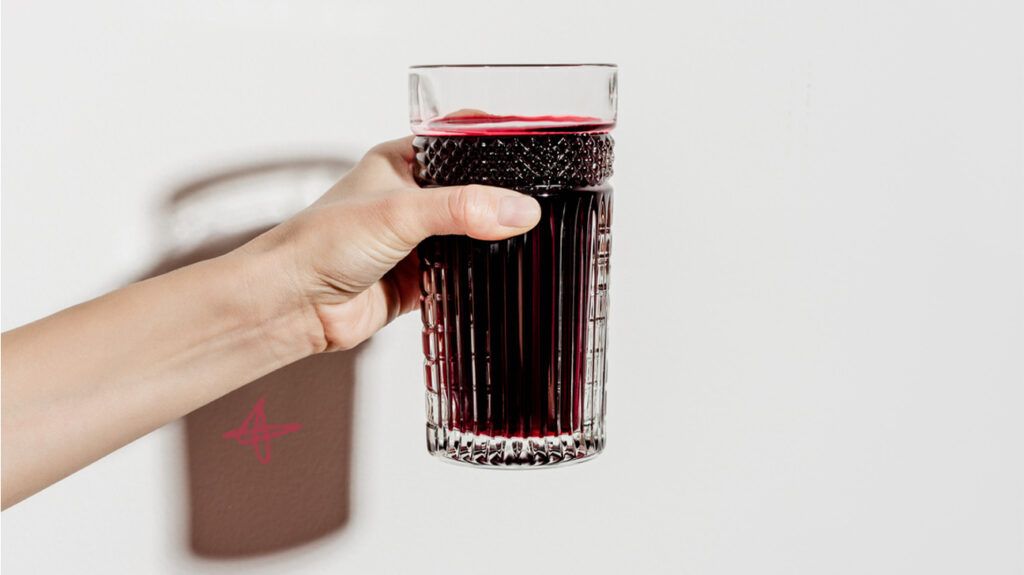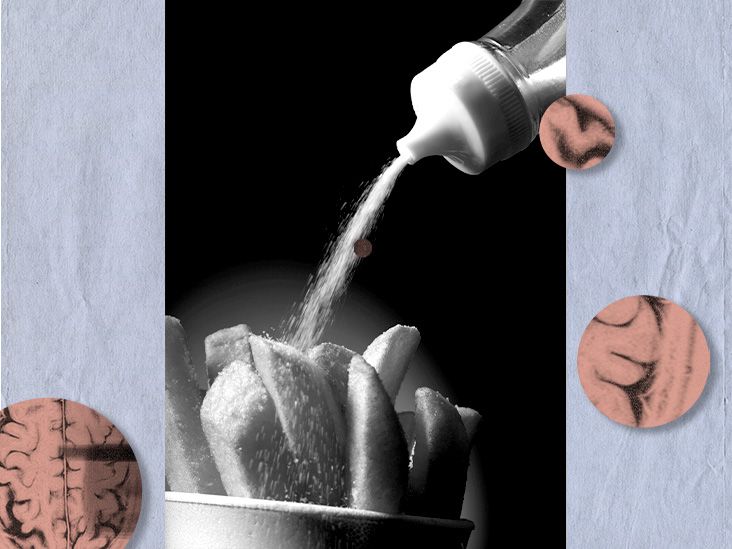Beetroot juice may offer various potential health benefits, including improving blood pressure, protecting the liver, boosting athletic performance, and more.
Beetroots have an excellent nutritional profile with plenty of essential vitamins, minerals, and antioxidants. They also contain unique bioactive compounds called betalains, which may benefit a person’s health.
People may get these health effects from consuming whole beetroots or their juice.

Beetroot juice contains a wide range of essential vitamins and minerals. Drinking this vegetable juice regularly may help prevent deficiencies in these nutrients.
Beet juice
- 62 calories
- 1.79 g protein
- 0.15 g fat
- 14.7 g carbohydrates
- 2.7 g fiber
- 1.4 milligrams (mg) iron
- 25 mg magnesium
- 317 mg potassium
- 0.5 mg zinc
- 6 mg vitamin C
- 65 micrograms (mcg) folate
However, it is worth noting that the specific nutritional makeup of beetroot juice may depend on the brand and any extra ingredients.
A growing body of research suggests that beetroots can help lower a person’s blood pressure. Some researchers believe that this is due to their nitrate content.
Beets naturally contain large quantities of nitrates, which the body converts into nitric oxide. This compound dilates the blood vessels, which improves blood flow and lowers overall blood pressure.
In a
The blood pressure of those in the test group decreased by 5.2 millimeters of mercury (mm Hg) more than that of those in the placebo group after 30 minutes. However, the effect of the concentrated beetroot juice subsided within 24 hours.
A 2024 review of 11 trials involving 349 people suggests that 200 to 800 mg of nitrate from beetroot juice daily may reduce systolic blood pressure in people with hypertension.
However, the researchers highlight that the evidence is of low certainty.
Beetroot juice contains anti-inflammatory compounds called betalains.
A 2024 trial tested the effects of beetroot juice compared with a placebo on 31 adults ages 20 to 60 with long COVID.
The authors found that beetroot juice had beneficial effects on inflammatory markers even though it did not cause significant improvements in long COVID outcomes.
A small 2024 study investigated the effects of a mixed beet supplement on inflammation during post-exercise recovery in 20 cyclists.
The results suggested that 2 weeks of nitrate ingestion from the supplement helped to moderate protein biomarkers of inflammation due to exercise in athletes.
Beetroots contain iron, an essential component of red blood cells. Without iron, red blood cells
People who have low iron levels can sometimes develop a condition called iron deficiency anemia. Adding sources of iron to the diet can
The symptoms of iron deficiency anemia include:
A cup of beet juice contains 1.41 mg of iron, which is around 8% of the current
Although beetroot juice will provide some iron, other food sources may be more rich in iron. Healthcare professionals may recommend other foods that are more iron-rich for someone with anemia.
A 2023 study examined the effects of beetroot juice and the Mediterranean diet on 180 people with nonalcoholic fatty liver disease (NAFLD).
People who drank beetroot juice alone or combined beetroot juice with a Mediterranean diet over 12 weeks had significant reductions in hepatic steatosis, excess fat in the liver. Beetroot juice combined with the Mediterranean diet had enhanced efficacy for NAFLD.
The researchers concluded that beetroot juice has potential in treatment for NAFLD, though more research is necessary.
Certain compounds in beetroot juice, such as nitrates and betalains, may improve athletic performance.
For example, a 2018 study looked at the effects of betalain on 28 trained male cyclists. The cyclists received 100 mg of either beetroot concentrate or placebo every day for a week.
Compared with the placebo group, the beetroot concentrate group had higher exercise efficiency and increased blood flow.
According to a 2024 mini review, some research suggests that beetroot juice may be more effective than nitrate salts at enhancing exercise-related outcomes. However, more research is necessary.
A 2021 review suggests that beetroot juice may have the following effects on cancer:
- stopping tumor cell growth
- inhibiting angiogenesis — the formation of new blood vessels
- triggering cell death
- autophagy — a process involving the breakdown and recycling of old cells
It is worth noting that current research does not involve studies on humans. The current evidence comes from test tube and animal studies.
However, it is important to note that while beetroot juice may show some cancer-preventive effects, it cannot treat or prevent cancer.
Research in the 2021 review suggests that beetroot juice may also benefit cognitive function.
For example, a 2021 study examined the effects of two doses of nitrate-rich beetroot juice on taekwondo athletes.
The group that took beetroot juice containing 400 mg of nitrate showed higher cognitive function than the placebo group and the group that took beetroot juice with 800 mg of nitrate.
Currently, there are no official dosage recommendations for beetroot juice. The amount of beetroot juice and its nutritional qualities vary among clinical trials.
However, one 2024 review suggests that a daily intake of between 200 and 800 ml of beetroot juice may lower blood pressure in people with hypertension.
In most cases, people can safely eat beets or drink beetroot juice without experiencing adverse side effects.
Drinking beetroot juice can affect the color of urine and feces due to the natural pigments in beets. People may notice pink or purple urine, which is called beeturia, and pink or purple feces. These color changes are temporary and not typically a cause for concern.
The nitrates in beetroot juice may also affect blood pressure. Anyone with low blood pressure or is currently taking blood pressure medication should speak with a healthcare professional before adding beets or beetroot juice to their diet.
Beets contain high levels of oxalates, which can cause kidney stones in people with a high risk of this condition.
People can make beetroot juice at home using a juicer, blender, or food processor.
Trim the tops off the beets and wash them thoroughly. Leave the skin intact for extra nutrients, and chop the beets into small pieces.
To juice the beets, people can set up a juicer with a bowl or pitcher in position to catch the discarded material. Feed the beetroot pieces into the juicer one at a time.
If using a blender, people may need to add a splash of water to help soften the beetroot. After blending until smooth, they may need to remove some large chunks using a fine-mesh strainer.
Discard the pulp and pour the beetroot juice into a glass. People can either serve it immediately or chill it in the refrigerator.
People can drink beetroot juice on its own, or they can blend it with the juice of other fruits and vegetables, such as:
People can also buy beetroot juice from their local grocery store or choose between brands online. However, people may wish to avoid juices that contain added sugars and preservatives.
Beetroots are a healthful addition to most diets. People can experience the health benefits of beetroots by eating them raw or cooked or drinking beetroot juice.
Beetroot juice may offer benefits for heart, liver, and brain health and function. It may also help with blood flow and improve athletic performance.
People taking blood pressure medication may need to speak with a doctor before adding more beetroot to their diet.


